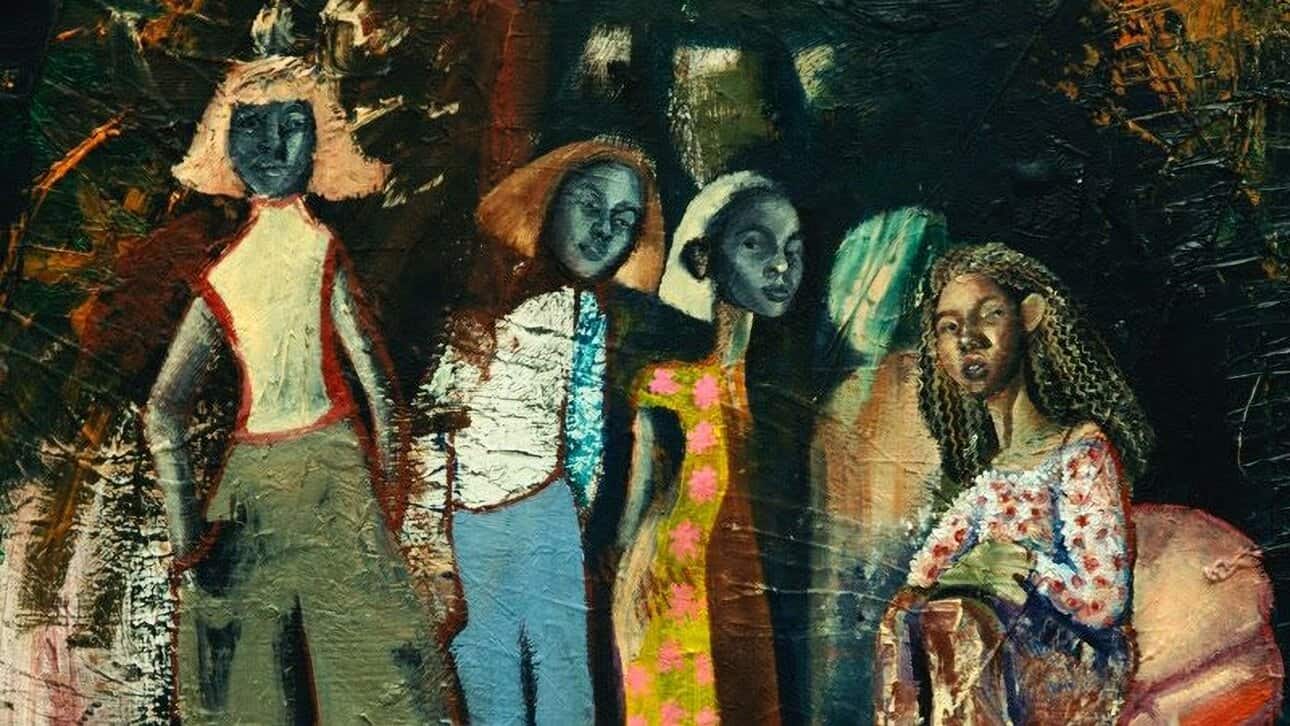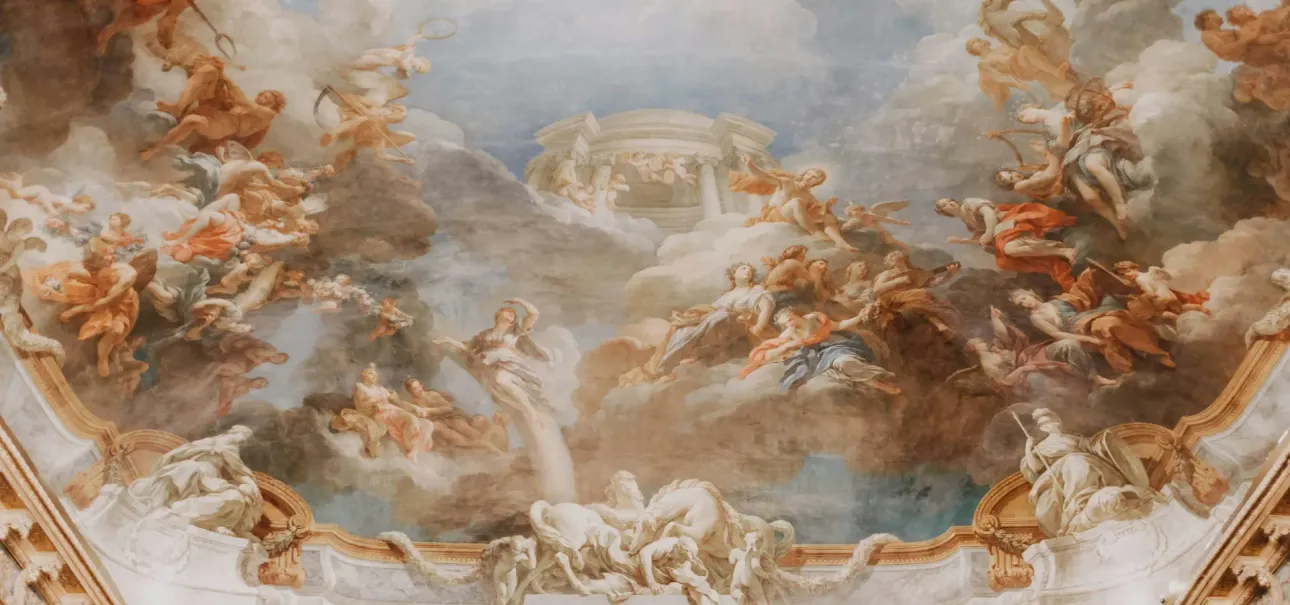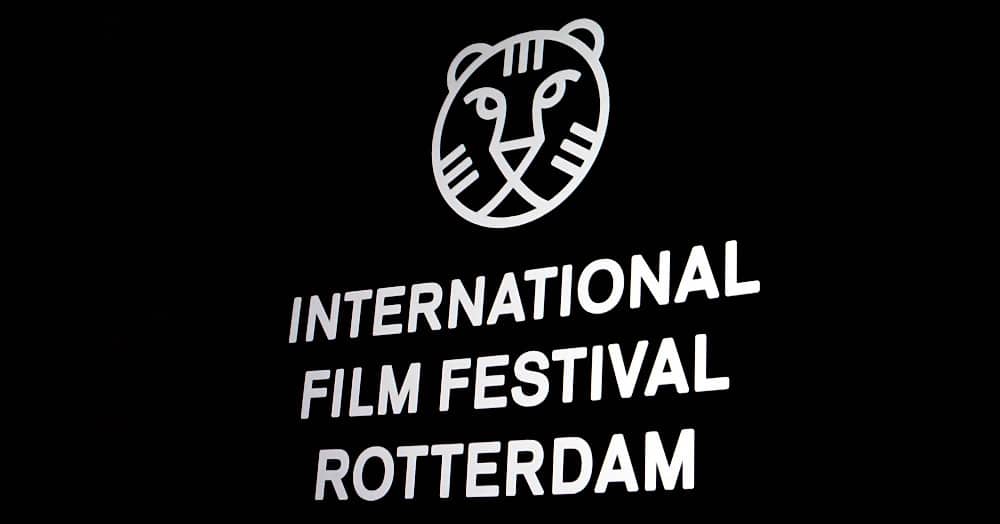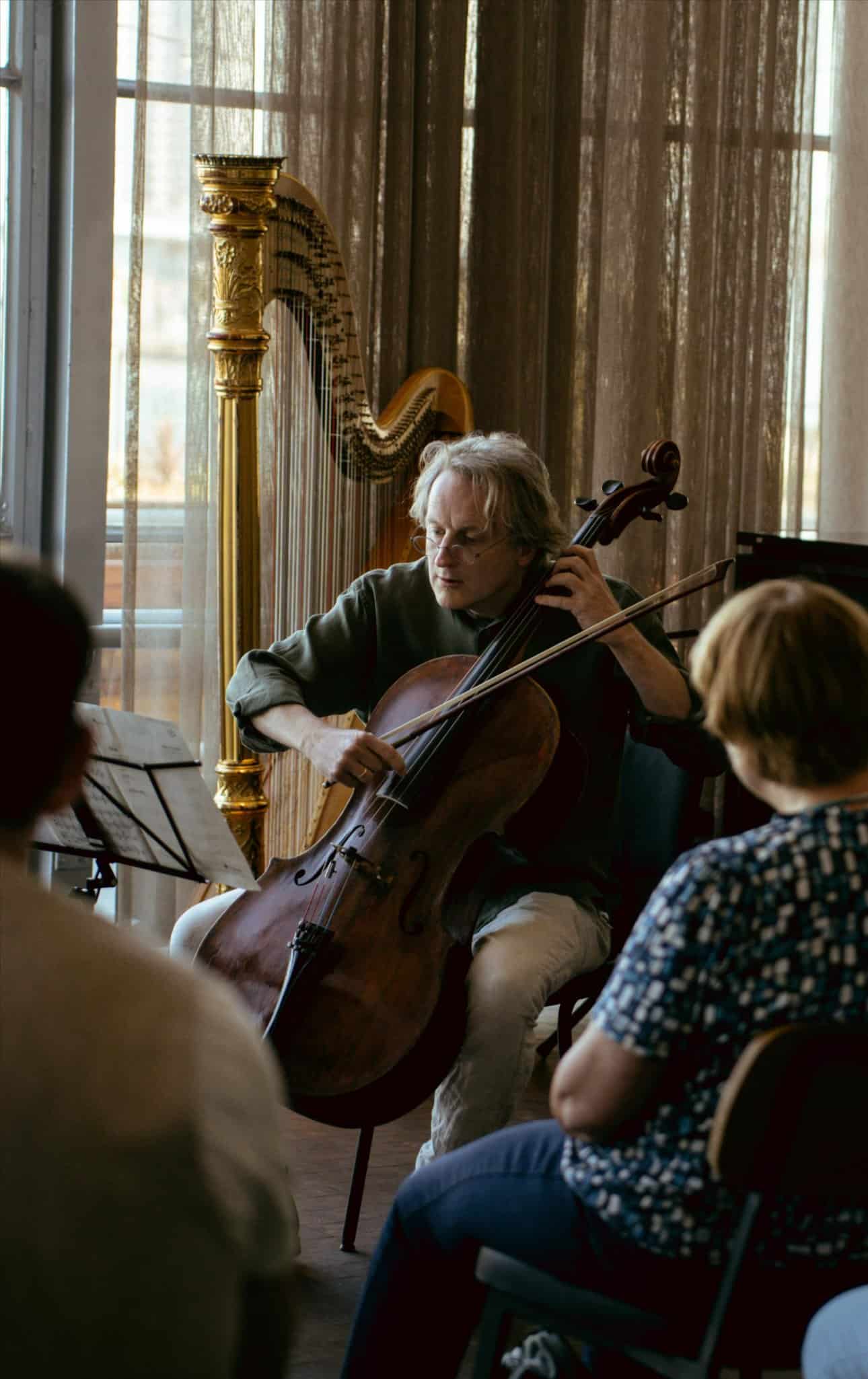HAPPENING UNTIL 13 April 2025 | A new exhibition, 'Tuinen van de toekomst,' has opened at Nieuwe Instituut in Rotterdam, exploring the evolving role of gardens as sanctuaries and spaces for innovation. The exhibit highlights local and global examples, demonstrating how gardens reflect societal ideals and test solutions for pressing challenges.
The future of gardens at Nieuwe Instituut
At Nieuwe Instituut, the exhibition 'Tuinen van de toekomst' (Gardens of the Future) is now open to visitors, offering insights into the history and future of modern gardens. Designed as a conceptual garden, the exhibit is divided into four sections: 'The garden as the world,' 'The politics of the garden,' 'Experimental gardens,' and 'The world as a garden.' Curated by Maria Heinrich and spatial designer Frank Bruggeman, the project examines the evolving relationship between people and gardens while proposing innovative garden models for the future.
Gardens as personal and political spaces
The exhibition illustrates how gardens serve as personal sanctuaries where humans and nature coexist harmoniously. It also delves into how political and commercial agendas have historically influenced gardens. Themes such as urban land use, community gardens as tools for food security, colonial trade in plant species, and the impact of gardening product manufacturers are explored. These narratives prompt visitors to question who owns gardens and how they function within urban spaces.
Gardens as experimental grounds
Beyond being places of retreat, gardens are increasingly seen as experimental spaces for ecological and social innovation. The exhibition showcases gardens integrated into larger ecosystems, highlighting sustainable solutions for biodiversity, equity, and resilience. Featured examples include vertical forests, floating gardens, rooftop greenhouses, food forests, urban farms, and school gardens.
Highlights of the exhibition
'Tuinen van de toekomst' features works from renowned designers and artists, including Roberto Burle Marx, Jamaica Kincaid, Mien Ruys, Piet Oudolf, and Derek Jarman. It also includes contributions from Rotterdam's own archives and sites such as Vreewijk, Getijdenpark Eiland van Brienenoord, Wijktuin Ommoord, Hofbogenpark, and De Nieuwe Tuin. Artist Ada Patterson has created a piece that critiques the colonial connections of gardens and Rotterdam's history, specifically for this exhibition.
The exhibition, originally presented as 'Garden Futures' by Vitra Design Museum in Germany, has been adapted in collaboration with the Nieuwe Instituut, featuring designs from the Italian studio Formafantasma. It will remain on view in Rotterdam until 13 April 2025.
Location and directions
Nieuwe Instituut is centrally located in Rotterdam, making it easily accessible by public transport, bike, or car. Visitors can find it near Museumpark, a vibrant area with other cultural institutions. For precise directions, refer to the map below.

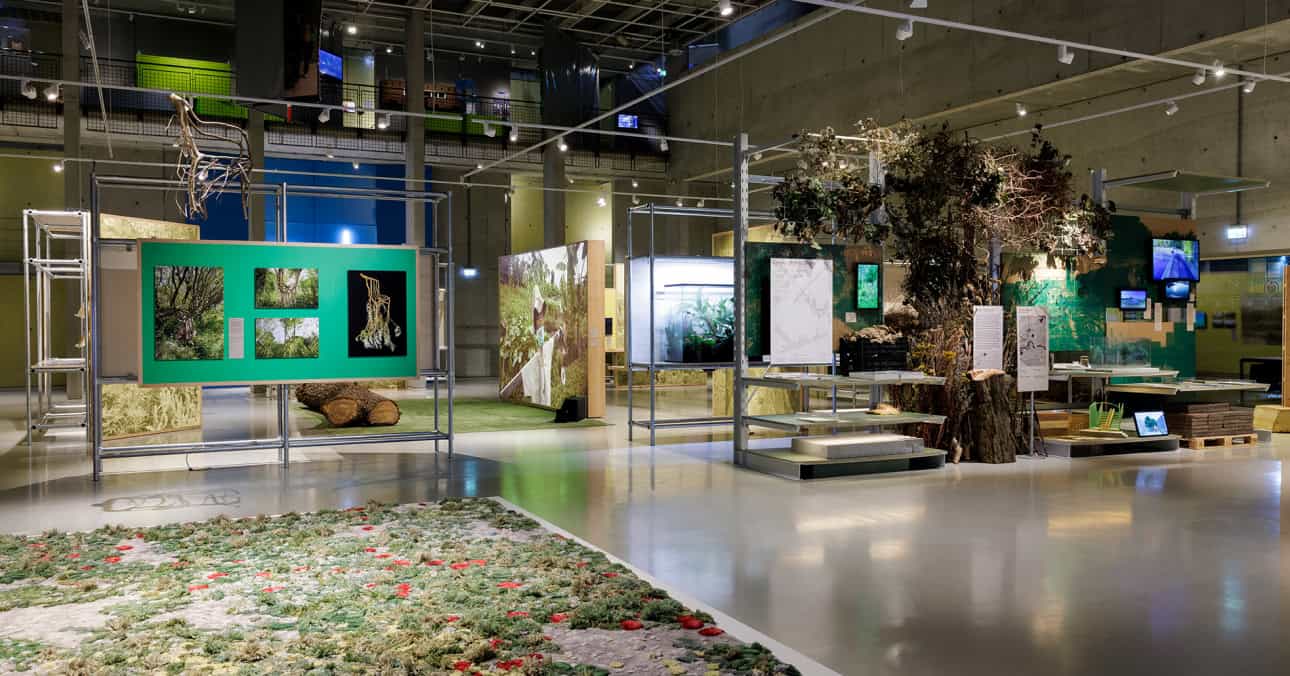


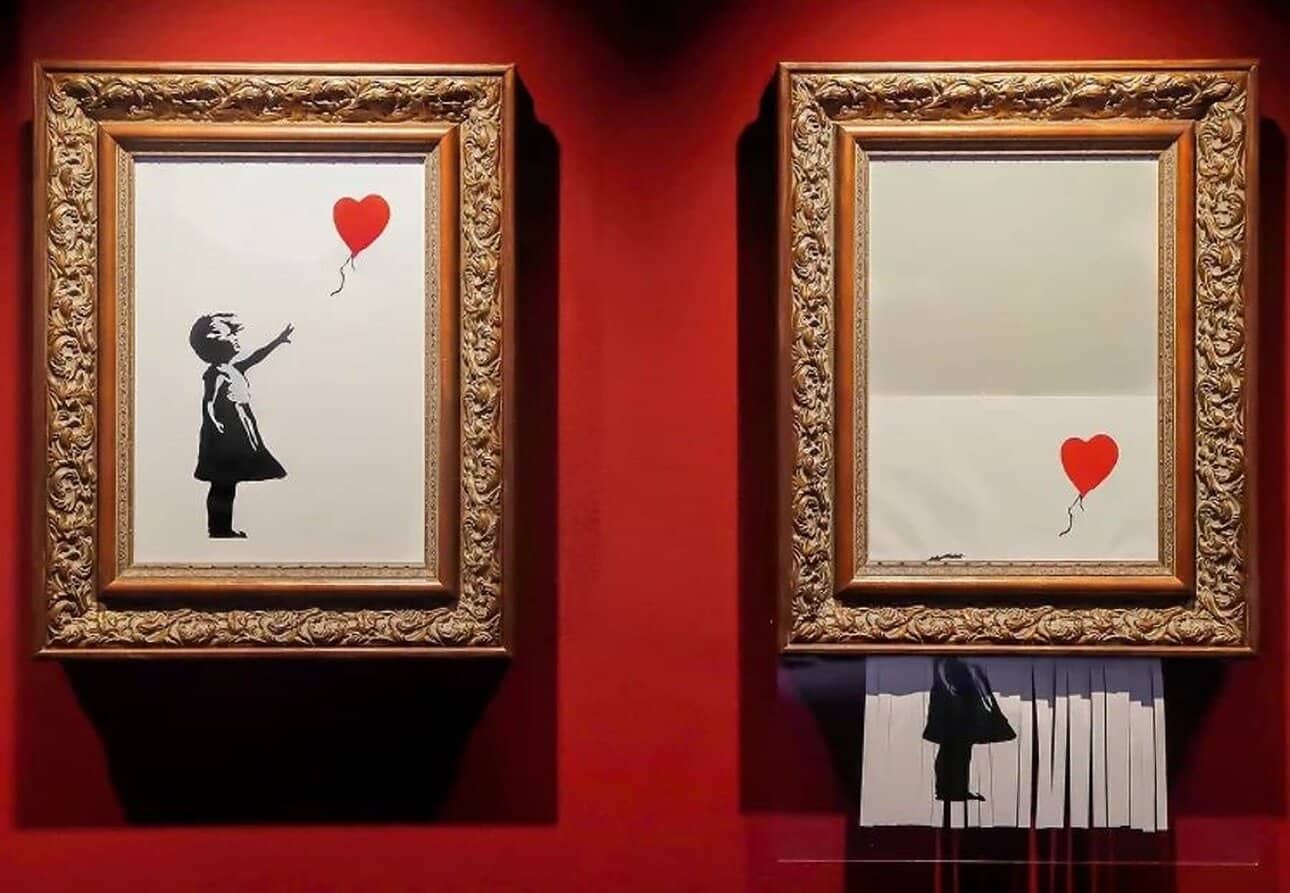
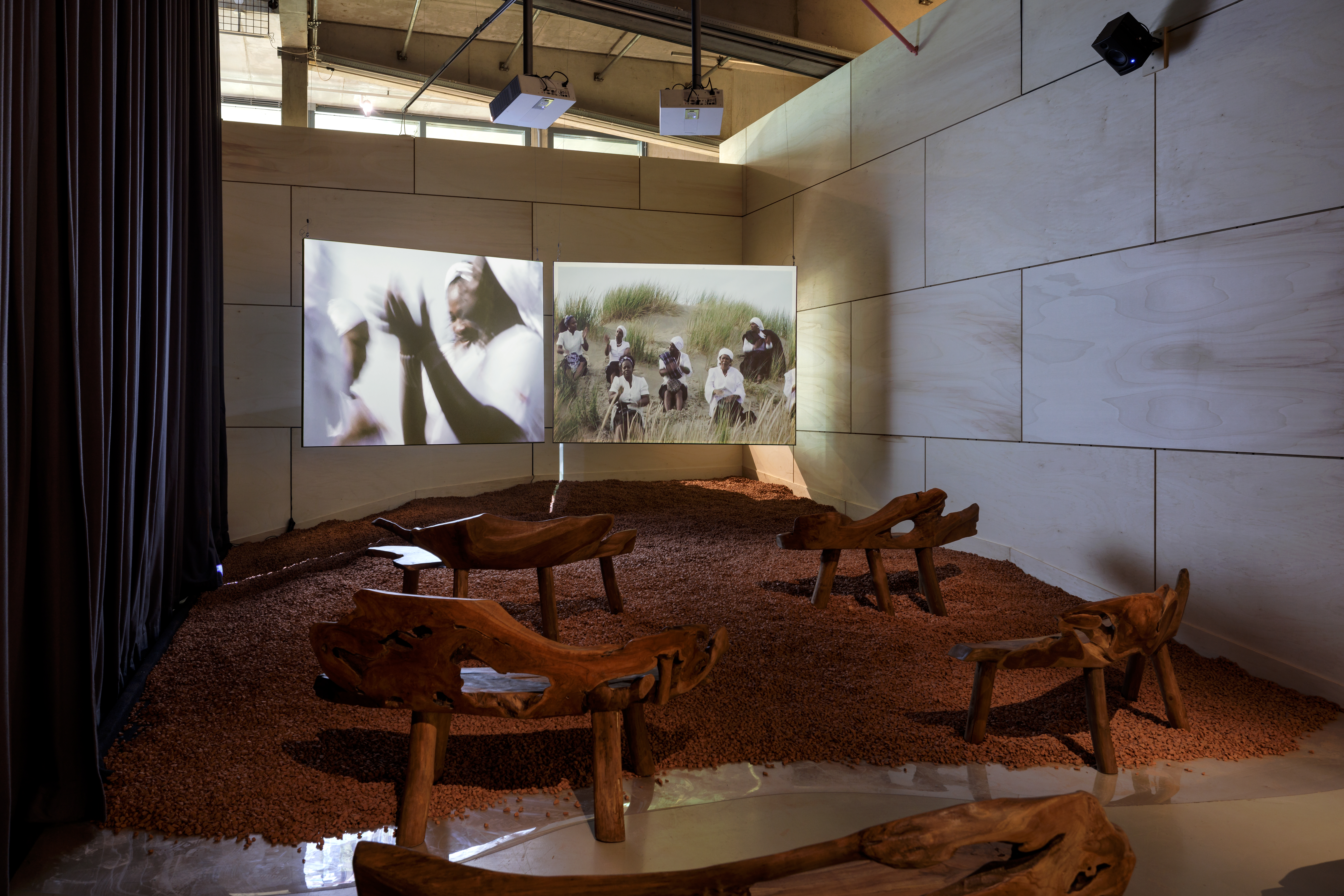
.jpg)
.jpg)
-amazing-contemporary-art-001.jpg)
